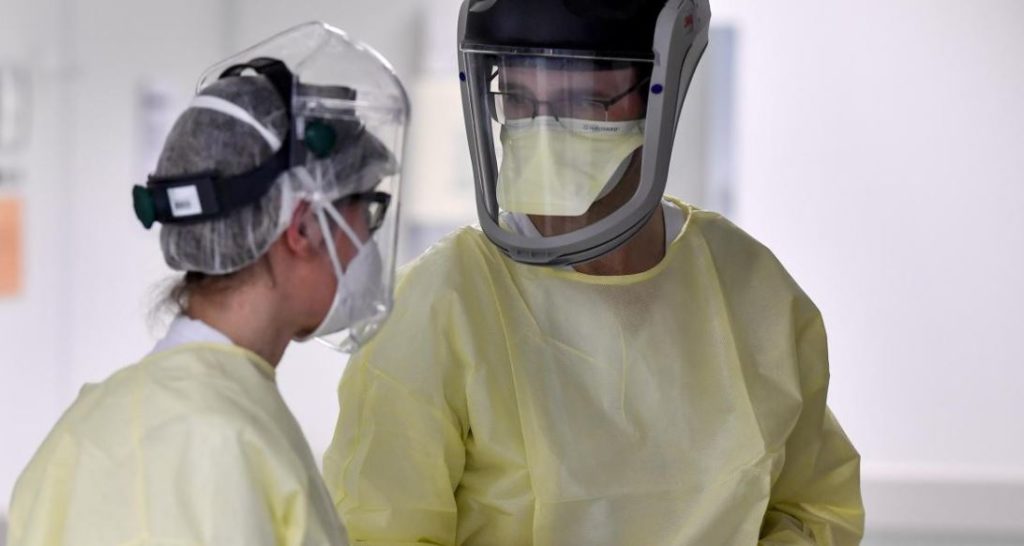The number of new coronavirus infections is rising in Brussels and in Liège as the number of emerging cases begins to show signs of slowing down in hard-hit Antwerp.
The number of new coronavirus infections detected in the Brussels-Capital Region has more than doubled, going from 170 to 389 in a seven-day period.
In Liège, novel cases also rose, going from 187 last week to 320 so far this week — up from 97 two weeks ago.
The numbers, published by Sciensano, show that cases in both provinces have risen by at least 50%, a surge that coincides with an increase of testing which has shown that novel cases are spiking in provinces throughout the country.
Related News
- Belgian average breaks 500 new coronavirus infections per day
- Coronavirus: municipalities gain access to individual patients' information
- Coronavirus 'circulating intensely on our territory again', Crisis Centre says
Throughout the last week, authorities across Belgium have boosted their testing centre's capacity by an average of 54%, coinciding with a jump Belgium's new daily average of coronavirus infections of 60%.
Two weeks into a four-week late-night curfew imposed to curb a rapid emergence of clusters, the province of Antwerp has begun to see a slight slowdown in the incidence rate of novel cases in the past seven-day period.
According to the latest figures, Antwerp's counter for novel coronavirus infections stood at 1,346 this week, up from 1,173 last week — while infections continue to rise, this week's incidence rate declined in comparison to the surges of previous weeks, during which infections shot up from 172 to 500 over a week and from 500 to 1,173 the week later.
In West Flanders, where last week authorities recorded a worrying spike in Covid-19 hospitalisations, the number of new infections declined from 193 last week to 144 this week.
The uptick of cases across the country also comes as the virus continues to circulate and pick up speed in the Belgian capital, with 18 out of its 19 municipalities going past the new-case alarm threshold on Tuesday, according to Sciensano's latest figures, which are slightly behind real-time numbers, due to the time needed to record raw figures.
Gabriela Galindo
The Brussels Times

